Reduced Inequalities


SDG 10 - Serving the Underserved in Israeli society
“Speak up for those who cannot speak for themselves” (Proverbs 31:8) For every stage of life, Israel offers assistance and programs to alleviate the situations of some of the most vulnerable populations in Israeli society: From youth-at-risk, to destitute adults and new immigrants, to persons with disabilities, to the elderly…all while strengthening their status.
Allowing youth-at-risk to remain with their families and communities – rather than institutionalizing them – is a dream that has been realized. Scholastic achievements are rewarded and dropouts have been reduced through employment alternatives and programs for parents, family members and educational staff. Projects that expand the range of possibilities and maximize opportunities and abilities of young people and their families are available for children with behavioral and emotional problems, children with special needs, and those at risk for becoming involved in criminal activity.
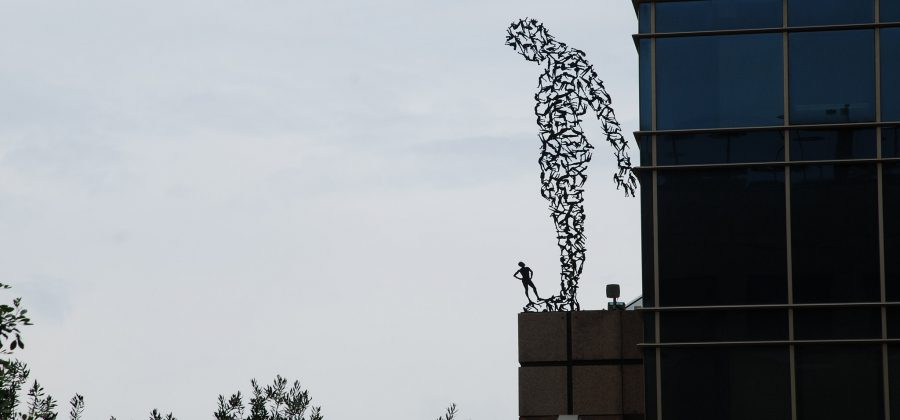

Marginalized and destitute individuals are encouraged to find employment through government programs that will ensure easy integration into society. They are taught perseverance, in return they are offered occupational stability. Equal employment opportunity is emphasized, with the integration of diverse populations, including new immigrants, in the labor market. The goal of these combined efforts is to break the cycle of poverty.
In Israel there are more than 800,000 people with disabilities between the ages of 21 and 65. They face a variety of types of physical, mental, sensory or cognitive disabilities. The country is working on ways to increase their independence while strengthening their self-image, improving their status in society as well as their quality of life. For youth with disabilities, an important aim is to enable them to remain with their families in their homes. Centers for independent living and dedicated neighborhoods have also been established for adults with disabilities, so that they can live with self-respect. New immigrants and Arabs with disabilities are included in the basket of services.
Entering into old age, a myriad of government services allows the Israeli elderly to continue to live in their homes and communities while receiving the support and care that they need. Hundreds of physical activity programs are available to improve or maintain their health. Volunteers are dispatched to visit the elderly – especially Holocaust survivors – and elder-care training is provided for caregivers and family members. Care is extended to all senior citizens, including those from Ethiopia, the Former Soviet Union and those from Arab society as well.
Related articles
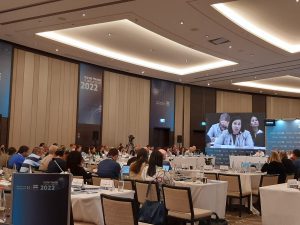

SDG 10- Social Equality Discourse in Full Force
Reduced Inequalities Governments come, governments go – particularly in Israel, if the past few years are any indication; thankfully, the social impact discourse pushes ahead.
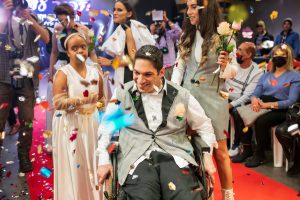

SDG 10- Further Empowering People with Disabilities
Reduced Inequalities A senior Government official breaking down in tears during a Cabinet meeting is a rare event – certainly in Israel. So when the
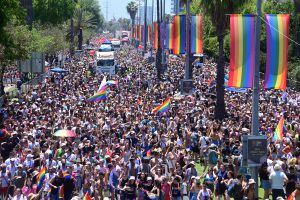

SDG 10- A Year of LGBT Progress
Reduced Inequalities Israel enjoys a pretty good reputation with regard to LGBT rights when compared with Middle East countries. But this past year the country
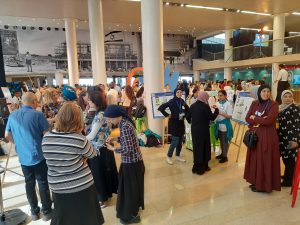

SDG 10- The OECD is Calling
Reduced Inequalities Something strange is going on. It seems that almost every time they appear together publicly, the OECD talks about diversity while the Israelis
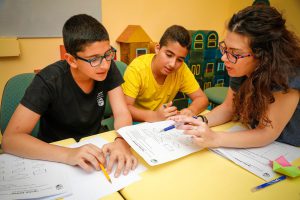

SDG 10- Tackling Social Affairs Challenges in 2022 & Beyond
Reduced Inequalities Since establishing this blog in 2019, we’ve regularly harped on the fact that Israel’s mostly Hebrew- and Arabic-language social impact discourse is not
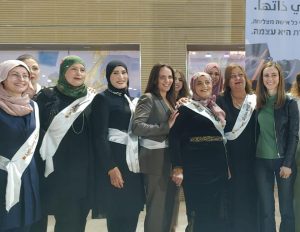

SDG 10- Hoping Arab Empowerment Plan Makes Difference
Reduced Inequalities World Day for Cultural Diversity for Dialogue and Development (May 21) is an excellent opportunity to revisit Israel’s efforts to reduce inequalities and
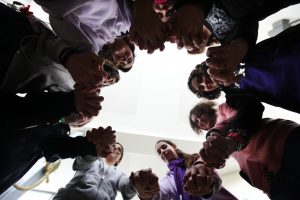

SDG 10-Arab Empowerment: Continuing the Momentum
Reduced Inequalities Two months ago we asked the question: “Will Israel’s New Budget Advance SDGs?” Well, the country’s first budget in three years (covering fiscal
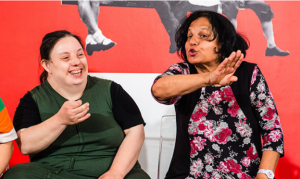

SDG 10- Israel Elwyn: Finding the Ability in Each Disability
Reduced Inequalities Israel Elwyn dreams of a society where people with disabilities will be seen as individuals with abilities and equal rights. Several programs of


SDG 10- Inclusion & Diversity: Key to Israel’s New Gov’t
Reduced Inequalities The composition of Israel’s 36th Government (sworn in on July 13) represents, perhaps truly for the first time since its establishment in 1948,
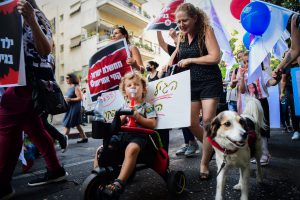

SDG 10-Workers’ Rights & Unions – A Natural in Israel
Reduced Inequalities After the Israel government recently adopted its first budget in three years, not hard to understand the collective sigh of relief. To some,
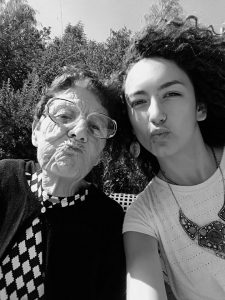

SDG 10- Volunteering as a Way of Life – Part 2
Reduced Inequalities Read Part 1 As we mentioned in an earlier post, the 2017 Civic Service Law created for the first time in Israel’s history
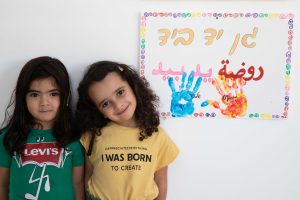

SDG 10- Arab Community Empowerment: from Discourse to Action – Part 2
Reduced Inequalities Read Part 1 In Part 1 of this update we focused on the brass tacks necessary to advance the economic empowerment of Israel’s
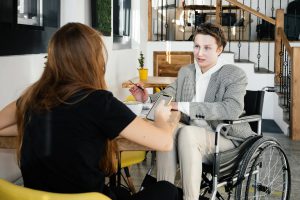

SDG 10- Probe & Improve – Part 1
Reduced Inequalities Read Part 2 We frequently reference Israel’s non-stop social equality discourse, which is often so critical it borders on self-flagellation. Government, civil society
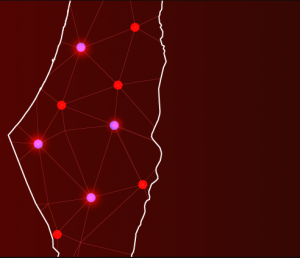

SDG 10- Digital Equity: The Next Phase – Part 1
Reduced Inequalities Read Part 2, Part 3 If the past year of crisis accomplished anything, it successfully increased the focus on inequalities stemming from the


SDG 10- Arab Community Empowerment: from Discourse to Action – Part 1
Reduced Inequalities Read Part 2 As Israel finally moves toward adopting its first budget since 2019, focus is naturally increasing on bolstering societal weaknesses. Our
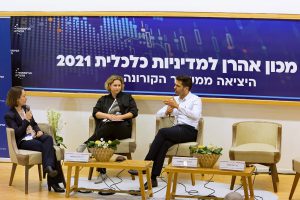

SDG 10- Israel’s Equality Discourse: Can You Hear It? – Part 2
Reduced Inequalities Read Part One In part one of our zoom-in update on Israel’s robust social justice discourse we shed light particularly on the issue
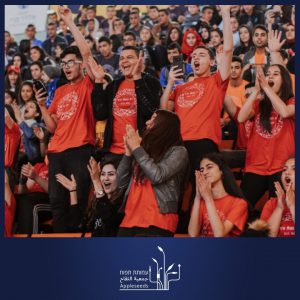

SDG 10- Digital Equity: The Next Phase – Part 3
Reduced Inequalities Read Part 1, Part 2 After examining digital equity in the context of infrastructure (part 1) and employment (part 2), this last segment
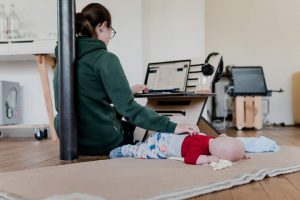

SDG 10- Digital Equity: The Next Phase – Part 2
Reduced Inequalities Read Part 1, Part 3 As mentioned in part 1 of this examination of Israeli efforts to close the digital divide, the past
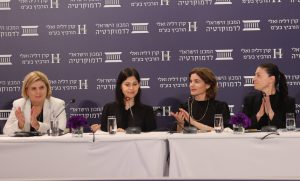

SDG 10- Israel’s Equality Discourse: Can You Hear It? – Part 1
Reduced Inequalities Read Part Two From government to government, one thing in Israel doesn’t change: the country’s vigorous, transparent and critical public discourse on reducing
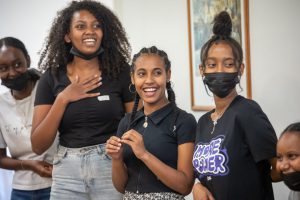

SDG 10- Probe & Improve – Part 2
Reduced Inequalities Read Part 1 In Part 1 of this series we focused on the status of reducing inequalities (SDG10) in employment particularly as reflected
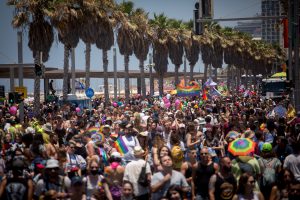

SDG 10- Pride Month in Israel: Not Just Grassroots
Reduced Inequalities For Israel it was a first: to note Pride Month, the Foreign Minister issued a directive to raise an LGBTQ+ pride flag outside


















